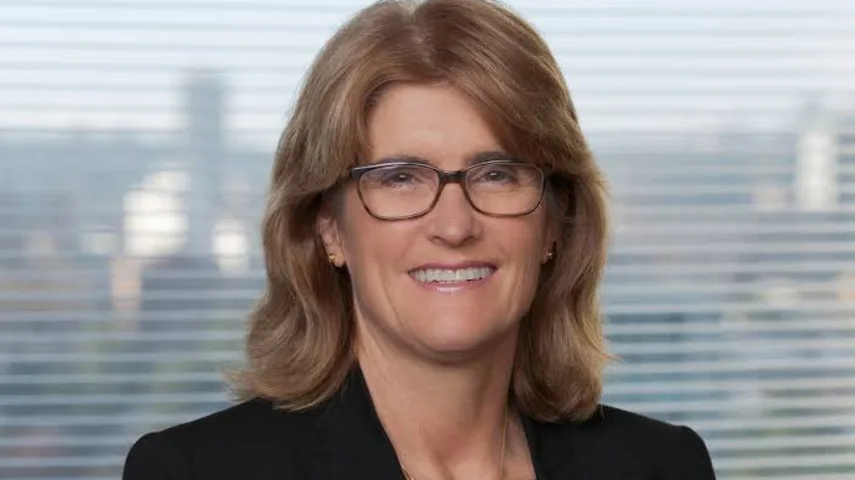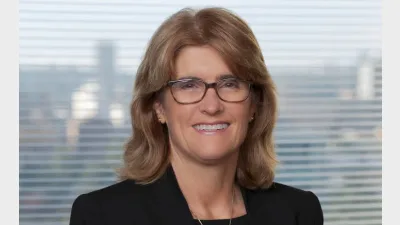Former RBA governor foresees accountability problem ahead for Bullock



Former RBA governor, Ian Macfarlane, has warned Michele Bullock’s job will be much harder than any of her predecessors and global peers when the RBA Review is implemented, terming the proposed model a “very bad plan”.
With the release of the 294-page review in April, the sweeping overhaul of the Reserve Bank of Australia (RBA) made 51 recommendations, all of which the Albanese government “agreed in principle”.
Most notably, the review recommended the establishment of two separate boards, with one focusing solely on monetary policy and the other targeting governance.
This would see a greater capacity in the boards to challenge the governor, thus reducing the concentration of power relating to central bank decisions.
The dedicated Monetary Policy Board, set out in recommendation eight, will specialise in setting the cash rate and retain the flexible inflation target of 2–3 per cent. The newly created board will consist of the governor, deputy governor, Treasury secretary and six external members, with the governor as chair.
Moreover, the Governance Board will “be established to provide guidance and oversight for RBA management in the running of the organisation,” the report identified. It will have no role in deciding monetary policy.
Reflecting on the review, former RBA governor Ian Macfarlane warned Michele Bullock, who commenced her term as RBA governor last month, is likely to face a far more challenging task at the helm than any of her predecessors if the review’s recommendations are put into practice.
He told audience members at the Citi Investment Conference in Sydney: “I hope [the review] is not implemented because I think it’s a very bad plan, and if it is implemented, it will involve a big shift of power from the governor to the part-timers. It would, in my view, make Michele Bullock’s job much harder than any of her predecessors and any of her peer central bank governors in other countries,” Macfarlane said.
Under the independent review, the number of rate decisions will reduce from 11 monetary policy meetings to eight meetings a year in February, May, August and November and the remainder in between those months.
There will be a media conference by the RBA governor after each board meeting, and a post-meeting statement will be issued by the board.
According to Macfarlane, implementing this system will have a terrible effect on communication and accountability of the central bank.
“If the future governor is outvoted, they’re still meant to go out and be the public spokesperson for a monetary policy they voted against. How much conviction would they be able to carry?” Macfarlane said.
“The review spent a lot of time talking about accountability and transparency. We know where the accountability rests at the moment. If you don’t like the monetary policy, you know who’s accountable, you know who to blame, as the previous governor can attest.
“But under this system, the future governor could legitimately say, ‘It wasn’t me; it was the part-timers who did it’. So that doesn’t help accountability at all.”
He also felt the review is an “experiment” relative to how other central banks worldwide enact their monetary policy decisions.
“My central criticism is the review has come up with a model which is contrary to world best practice for central banks.”
Macfarlane, who was governor of the RBA from 1996 to 2006, outlined how the proposed model fell somewhere in between the two camps of bank boards. On one hand, banks like the European Central Bank and Federal Reserve have a system made up of professional central bankers while others like the Bank of England and Bank of Canada have a mix of part-time board members and full-time ones, with part-timers in the minority.
“Either of the two models would work, but the reviewers came up with something that falls in between and I don’t think it would work,” Macfarlane said.
“I’m not arguing for the status quo. I’m saying you’ve got to pick one of those two, the two models that are there around the world. They both make sense in their own way.”
The RBA Review was first announced by Treasurer Jim Chalmers in July 2022 and is the first wide‑ranging review of the central bank since current monetary policy arrangements were put in place in the 1990s.
Recommended for you
Index provider MSCI has unveiled two measures to make it easier for financial advisers and wealth managers to access transparent insights into private assets.
Vanguard has announced a strategic alliance with two US alternative asset managers to develop multi-asset solutions for financial advisers which combine public and private markets.
Clime Investment Management has enacted a range of growth initiatives to boost the firm’s reach with wholesale investors and a new approach targeting the retail market.
Generation Development Group, parent of Generation Life, has entered the ASX 200, having grown its funds under management to almost $4 billion.















